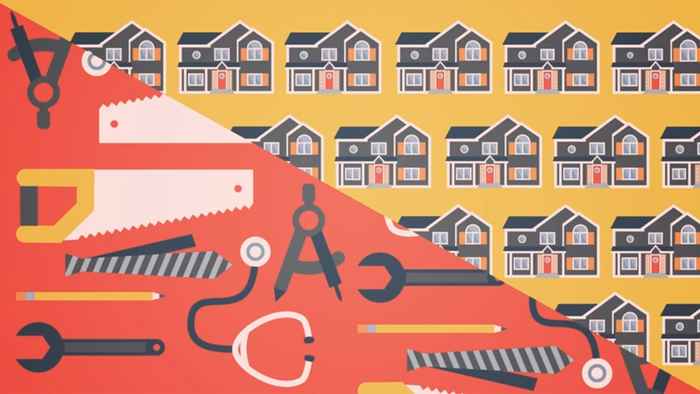The end of mass homeownership? Looking at housing career diversification and inequality in Europe - by Rowan Arundel
Past Growth of Home Ownership
The second half of the past century reflected, in many ways, a ‘golden age’ of increasing homeownership. Although differing in precise timing and conditions across countries, this period was characterised by strong labour conditions supporting a broad middle-class, alongside a socio-political backing of homeownership, which, taken together, promoted a relatively widespread diffusion of owner-occupation.
In many ways, these past decades of rising homeownership underscored an optimistic ‘ideology of mass homeownership,’ one that perceived it as a widespread and democratic means of shelter and wealth accumulation. Past research focused on the role of growing homeownership in diminishing disparities and often overlooked those not entering homeownership in the face of expected continuing growth of the tenure. At the same time, the asset-role of housing – beyond its basic shelter function – was emphasised as housing became increasingly commodified. A continued roll-back of state support met ideas of an asset-based welfare where mass homeownership became a natural means to widespread household economic security.

Contemporary Transformations
While it may be possible, in many countries, to describe a past ‘golden-age’ of widespread homeownership, contemporary conditions seem to be converging towards the reverse. Even preceding the GFC, evidence was mounting that homeownership’s inexorable rise was stabilising and, in some contexts, reversing with limited opportunities for young adults who in previous decades might have been flowing into homeownership. Nonetheless, the notion of homeownership as a widespread means of economic security mostly persisted supported by a continued policy commitment to homeownership and the superiority of the market.
My research investigates how fundamental transformations in housing careers across European countries have led to increasing diversification and complexity in residential transitions and growing inequalities in housing outcomes: realignments that undermine ideologies of mass homeownership and notions of the democratic nature of housing wealth. The video provides an overview of the main focus of the research.
Rowan Arundel
Rowan Arundel is a PhD Researcher within the Centre of Urban Studies and the Department of Geography, Planning and International Development Studies at the University of Amsterdam. He is embedded within the ERC-funded research project HOUWEL and focuses on quantitative research into changing housing careers of young adults, growing housing inequalities and the relationship between labour market divides and housing outcomes. He has recently published on ‘declining homeownership across Europe in the post-crisis era,’ ‘parental co-residence and shared living,’ and has several upcoming publications on ‘boomerang returns to the parental home’, ‘growing inequalities in housing wealth accumulation’, and ‘labour market insecurity and the end of mass homeownership.’